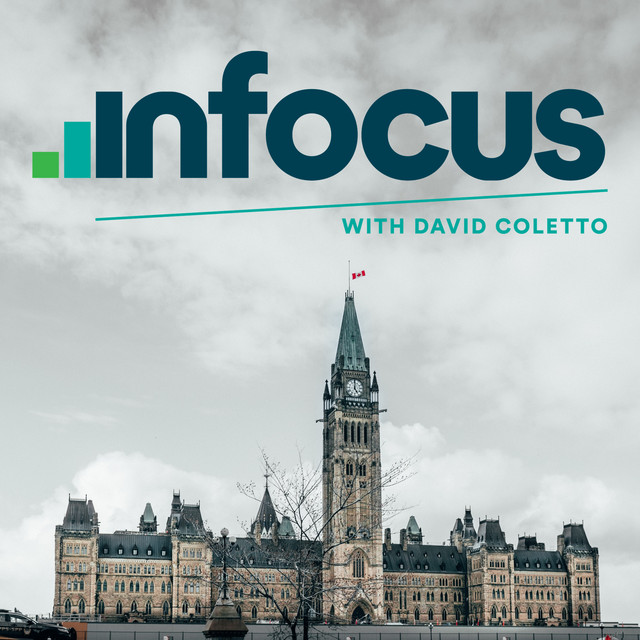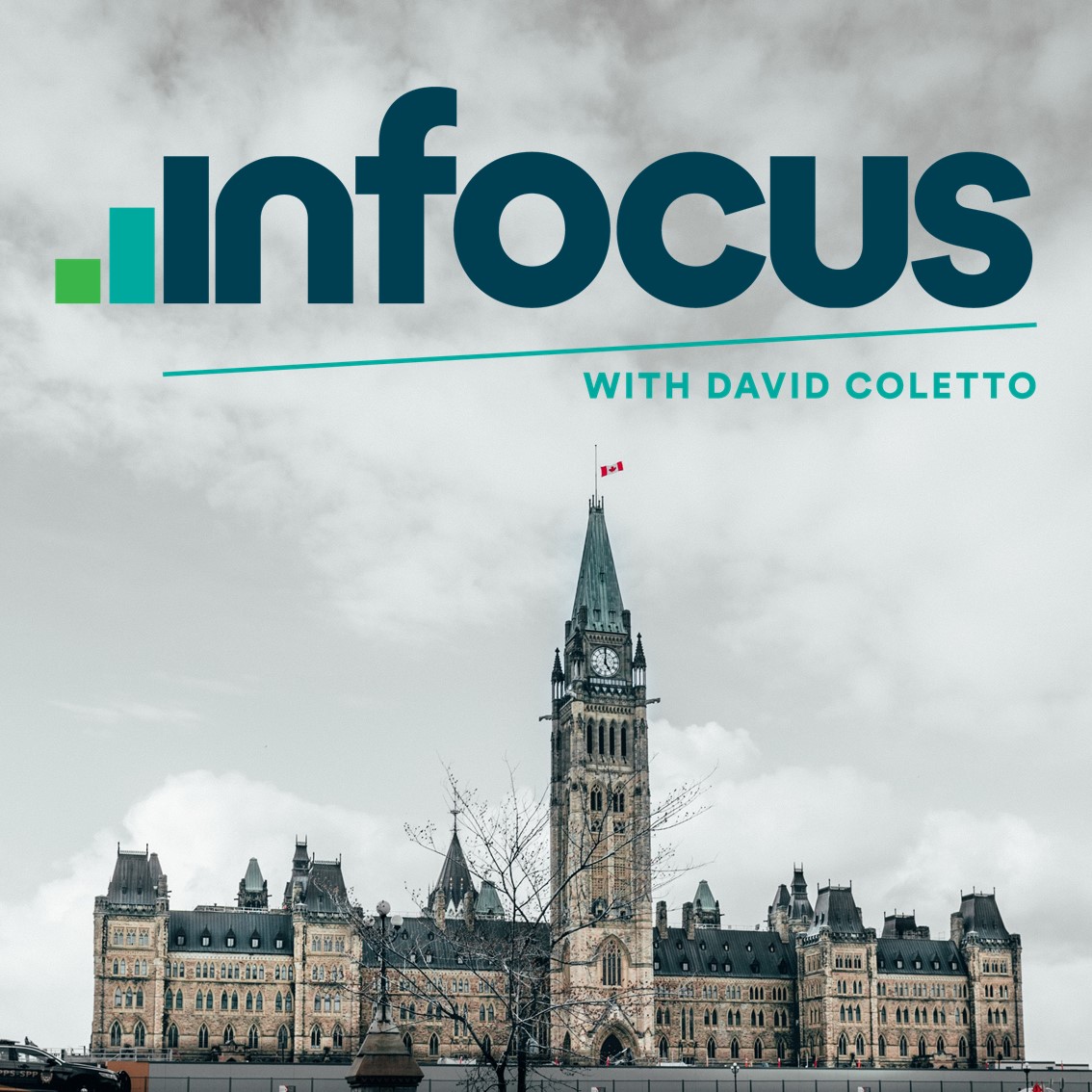Episode Transcript
[00:00:19] Well, hey, everyone. Welcome back to In Focus with David Coletto. I'm David Coletto. Today we're teeing up the upcoming Canadian general election, a campaign that seems poised to start any day now. And if you've been following the polls or if you've listened to this podcast before, you know that the past few months have been a whirlwind of political drama in Canada. In just a short period, Justin Trudeau has stepped down, Mark Carney has stepped in as prime minister, and Donald Trump's threats have shaken our national psyche. Over the next 10 minutes or so, I'll break down the polling insights we have, highlight the four key factors shaping this election, and give you a sense of what to watch for as this campaign unfolds.
[00:01:03] So let's start with the obvious. How did we get here so quickly? Just a few months ago, Justin Trudeau was still Prime Minister, even though our polling at Abacus signaled big trouble on the horizon. Voters were tired. Trudeau's popularity was in free fall, and there was real fears inside the Liberal Party that they could not only lose the next election, but fall all the way to third or even fourth place in the House of Commons. Despite that, Justin Trudeau initially refused to step aside, and the party was on a collision course with disaster until both caucus pressure and Chrystia Freeland's resignation made Trudeau's resignation unavoidable. Enter Mark Carney, the former bank of Canada governor who stepped into the leadership vacuum. Now, that's one factor. Trudeau quit, a scenario that seemed far fetched, maybe even up until a few months ago, but became reality once the data made it clear that the Liberals were staring at possible electoral ruin.
[00:02:12] Now, let's talk about Pierre Polya, leader of the Conservative Party. For almost a year, he was the most effective critic of Liberal policies targeting affordability, crime, housing, taxes, spending. Our polling consistently showed him with a strong lead. When Trudeau was still around, he hammered home a time for change message that resonated with frustrated, fatigued voters.
[00:02:36] But then Trudeau left the stage. Now the question isn't just what why the Liberals should go, but why should Poliev be the one to replace them? And that's the second factor in this election. I don't believe that Poliev has articulated a clear vision beyond protesting the status quo. He's argued pervasively, persuasively, mind you, that the Liberals messed up on affordability, but he hasn't fully clarified how he'd do better. Compounding that is the belief backed by recent polls that Most Canadians think Poliev was would have voted for Donald Trump in the 2024 US presidential election if he could have. Now, whether that's fair or not, it's what voters perceive, and perception is all that matters, especially when we talk about the next factor, Trump himself. Now, this might be the biggest external shock to Canadian politics in decades. Donald Trump remains president of the United States has gone from throwing rhetorical jabs at Canada to threatening possible annexation, talking about arbitrary borderlines and threatening, over and over and over, punishing tariffs on our goods. It's raised the stakes dramatically. We've shifted from the usual bread and butter issues that have defined Canadian politics, defined that scarcity mindset in what I've called inflationitis, like cost of living, health, scarcity and housing, to questions of sovereignty, security, and how to handle an aggressive neighbor. Our polling shows that today only 13% of Canadians have a favorable view of Donald Trump, and many strongly believe he'd be a disaster for Canada if we can't stand up to him effectively. So it's no surprise that a massive number of voters are looking for a leader with the gravitas, with the experience and the calm to navigate this unpredictable situation.
[00:04:31] This is where Poliev's perceived alignment, again perceived, not necessarily stated with Trump, becomes a real liability. Canadians are uneasy about a leader who might appear too cozy with Trump's brand of populism. And now they're asking, who can protect us from a president who might impose tariffs that cripple our economy and even muses about annexing us on a regular basis?
[00:05:05] So that brings us to the fourth factor, Mark Carney himself. When Trudeau finally stepped aside, the Liberals needed a new face quickly, someone who wasn't associated with the baggage and the troubles of the past few years. Carney, the former central banker, was and is seen by many Canadians as an ideal figure for this moment. Calm, internationally respected, and highly knowledgeable about economic policy, he steps into the role of prime minister with minimal political experience, sure, but with a reputation for crisis management. Our polling at Abacus Deza suggests that voters see him as well equipped to handle high stakes negotiations and to push back against Trump if needed. He even leads Pierre Poliev by several points on who would best stand up to a bully. Now, that's Carney's biggest draw. He's perceived as someone who can stand up on the world stage and hold his own. Now, Carney hasn't yet asked for an election, but the rumor is he's likely to do so any day now, seeking a mandate from Canadians before this so called honeymoon period fades and you might be wondering, is it too soon for a brand new prime minister? Will this be another Kim Campbell? The Liberals are betting that early momentum is their best friend. They'd rather face voters now while Carney still enjoys a fresh bounce and the Conservatives scramble to retool their message.
[00:06:28] Now based on the most recent data, the Liberals have clearly rebounded from their lows under Trudeau. Carney's personal approval rating is comparatively high, especially on leadership and crisis management. Poliev has a dedicated base, no doubt about it, but his unfavorables have risen. The real wild card here is how the threat from Trump will evolve in the weeks ahead. If he continues to antagonize Canada and the media spotlight fixates it on potential annexation or devastating tariffs, it could lead and keep Canadians focused on the international stability rather than purely domestic concerns. Now that's great news for Carney, in my view, and less ideal for Poliev, who would rather bring the conversation back to affordability and taxes and spending as opposed to these existential threat that Trump has created. Now the New Democrats and Jagmeet Singh meanwhile, might struggle to stay relevant. They have struggled. We've seen polls suggest they may be in single digits. And if this electorate polarizes and consolidates around two primary choices that I think will be clear and stark for voters, how do they make sense and stay relevant in that so the short version is this ballot question used to be is it time for change? And most Canadians were saying yes to that question. Now it's morphing into who can best defend Canada's interest in an increasingly dangerous and uncertain world. If you're trying to make sense of this, here's how I'd sum it up. We've got four big factors driving the narrative. Trudeau quitting, finally removing the biggest obstacle to a Liberal recovery. Polyev's struggle to define a positive vision has left him vulnerable, especially now that Trudeau isn't there to unite voters behind an anti Liberal message. Trump's threat have upended the usual domestic focus of Canadian elections, shifting our attention to sovereignty, security and just basic survival.
[00:08:25] Carney's emergence as a calm yet boring internationally savvy figure who looks 10 tailor made for a moment of heightened US Canada tension. The Liberals are banking on Carney's image to carry them to a fourth consecutive mandate. The Conservatives, on the other hand, need to pivot fast away from simply bashing the Liberals and towards showing why Poliev is the leader Canadians should trust in this crisis as that writ potentially drops and that date approaches, these dynamics, I think, will come to a head. Will Canadians rally behind Carney, or will Pauly have managed to recast this election back onto affordability and the cost of living? Will we see a wave to one side or the other, or are we in for a fight at the margins? And don't forget the wild card of Trump's next move. Any new bombastic threat, any comment, any chaos could shift the mood overnight.
[00:09:23] That's where I'll leave it for today. As always, the only certainty in politics is uncertainty. Humans are by nature unpredictable, hard to pin down, and don't move as we always expect them. Just a few months ago, I would have been shocked to tell you today that I think that Mark Carney and the Liberals have as much chance of winning this election as Pierre Poliev and the Conservatives. On this podcast, we'll be tracking all the latest polling from my company, Abacus Data. Check us out at AbacusData CA. You can subscribe to my substack davidcolletto.substack.com 1l2t's and don't miss any of the analysis, the data, the stories that come out of this election. I hope this rundown helps you feel more prepared for what's shaping up to be a fascinating campaign. Thanks for listening to InFocus with David Coletto. If you found this episode helpful, please share it with your your friends. Leave a review and please please subscribe so we can get this to more and more people. Until next time, I'm David Coletto. Take care and we'll talk.


